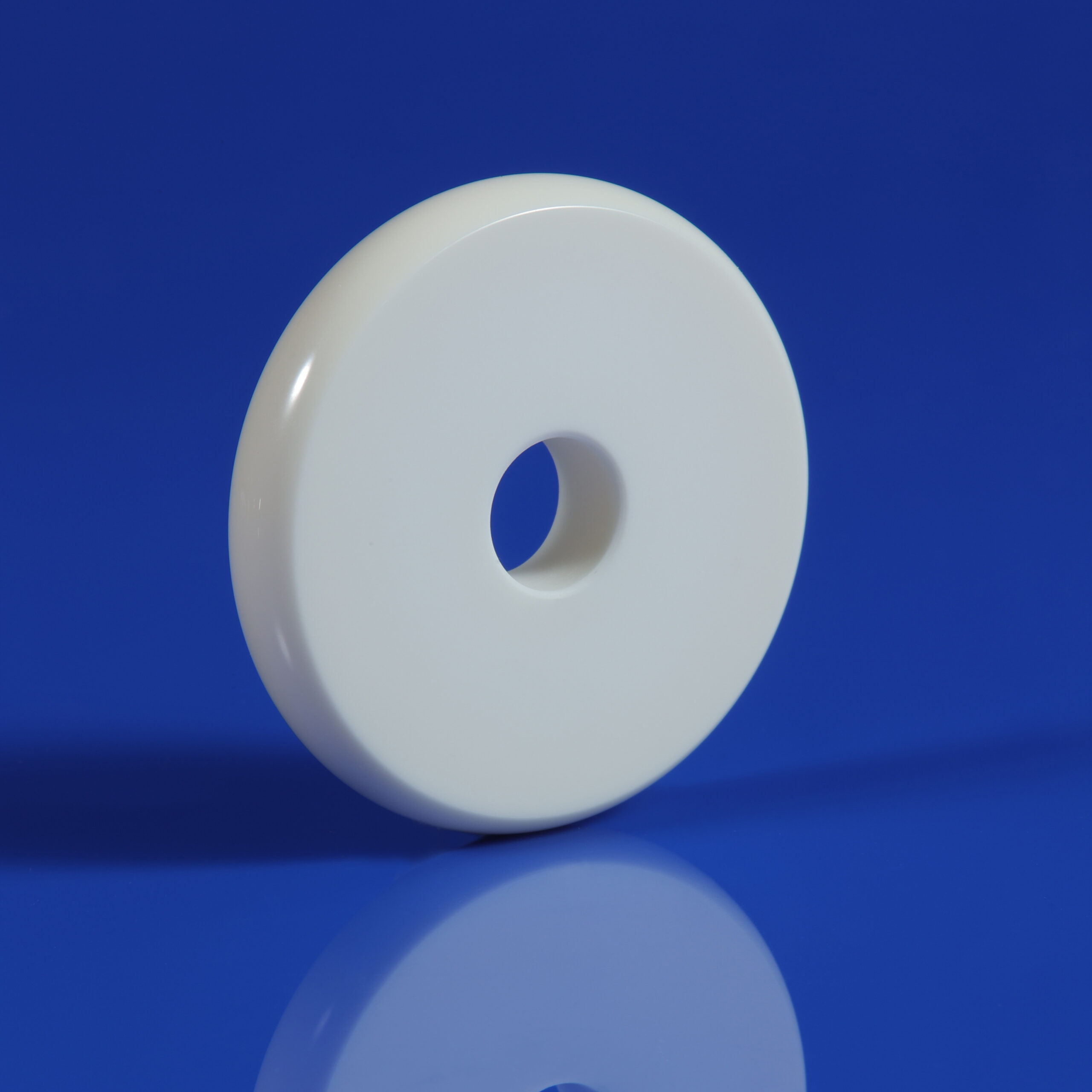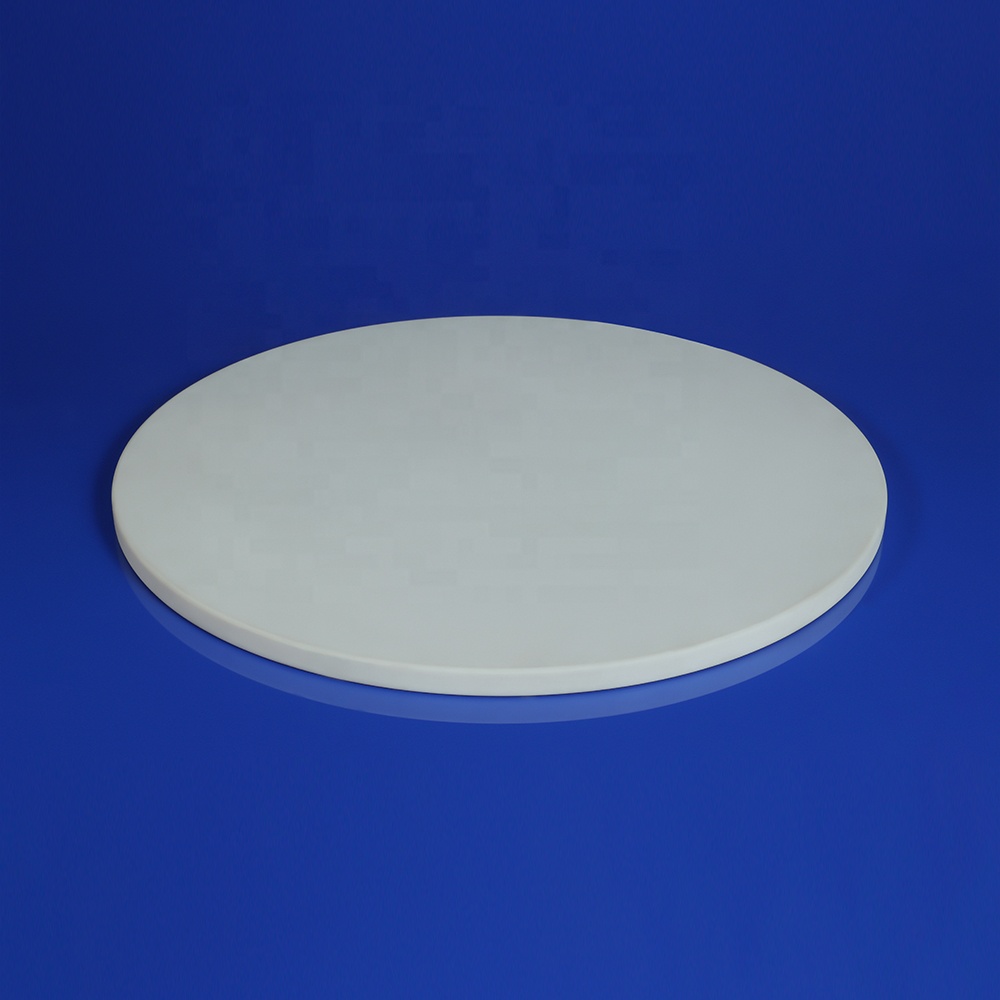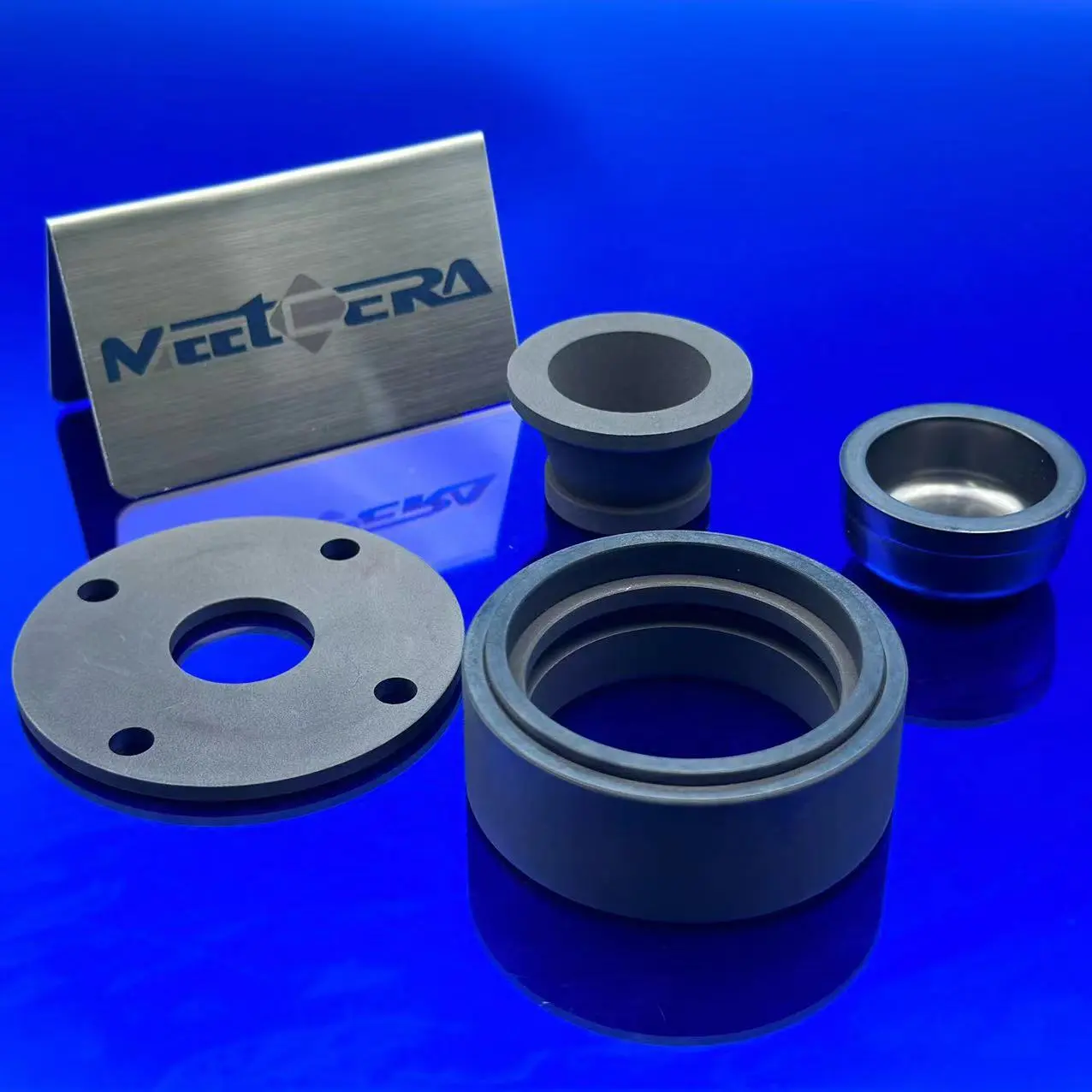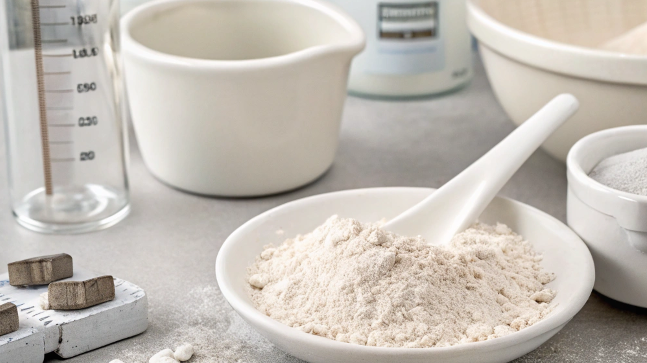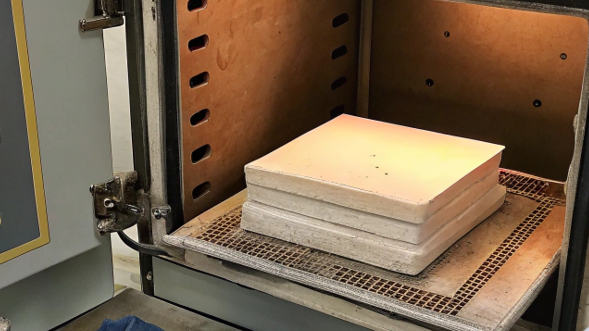5 Key Types of Specialized Ceramic Manufacturers
Drawing upon a comprehensive understanding of advanced materials science, manufacturing processes, and diverse industrial applications of ceramics, I provide this detailed breakdown of key specialized ceramic manufacturing sectors.
| # | Type of Specialized Manufacturer |
|---|---|
| 1 | Technical Ceramics Manufacturers |
| 2 | Ceramic Coating Manufacturers |
| 3 | Bioceramic Manufacturers |
| 4 | Refractory Ceramics Manufacturers |
| 5 | Electronic Ceramics Manufacturers |
1. Technical Ceramics Manufacturers1
These manufacturers specialize in producing advanced ceramic materials like alumina, zirconia, and silicon carbide for high-performance applications in demanding industries such as aerospace, electronics, and medical. Their processes utilize high-purity raw materials and precise forming techniques like isostatic pressing or injection molding to achieve components with tight tolerances. They rely on high-temperature sintering processes, sometimes exceeding 2000°C, to densify the materials. Often holding rigorous certifications like ISO 13485 or AS9100, their core strength lies in their deep expertise in material science, enabling them to formulate and process ceramics that perform reliably in extreme environments like high temperatures, corrosive conditions, or high stress.
| Aspect | Detail |
|---|---|
| Focus | Produce advanced ceramics (e.g., alumina, zirconia, silicon carbide) for high-performance applications in industries like aerospace, electronics, and medical. |
| Characteristics | Use high-purity raw materials and precise forming techniques (e.g., isostatic pressing, injection molding); Achieve tight tolerances; High-temperature sintering processes (up to 2000°C); Often certified (ISO 13485, AS9100). |
| Example | Manufacturers of ceramic bearings or turbine blades for jet engines. |
| Key Strength | Expertise in material science for extreme environments. |
2. Ceramic Coating Manufacturers
Specialists in this area focus on applying thin, uniform ceramic-based layers onto various substrates, including metals, glass, and composites. Their goal is to enhance surface properties such as durability, thermal protection, wear resistance, or corrosion resistance for parts used in industries like automotive, aerospace, and general industrial manufacturing. They employ a range of advanced application techniques, including plasma spraying, Physical Vapor Deposition (PVD), or sol-gel processes, to achieve coatings typically ranging from microns to millimeters in thickness. Their key strength is their precision in surface engineering and mastery of these complex application technologies to modify substrate performance without altering the bulk material.
| Aspect | Detail |
|---|---|
| Focus | Apply ceramic-based coatings to surfaces for enhanced durability, thermal protection, or corrosion resistance, often for automotive, aerospace, or industrial parts. |
| Characteristics | Use techniques like plasma spraying, PVD (physical vapor deposition), or sol-gel processes; Produce thin, uniform coatings; Work with substrates like metals, glass, or composites; Serve clients needing wear-resistant or thermal barrier coatings. |
| Example | Companies applying ceramic coatings to engine pistons or exhaust systems. |
| Key Strength | Precision in surface engineering and application technology. |
3. Bioceramic Manufacturers2
Bioceramic manufacturers are highly specialized, focusing exclusively on producing ceramic materials and components for medical and dental applications. They work with materials like hydroxyapatite and zirconia, emphasizing critical properties such as biocompatibility (not harmful to living tissue) and bioactivity (ability to interact with biological systems, like promoting bone growth). Production often involves advanced shaping methods, including additive manufacturing and precision machining, to create complex, often customized forms like implants or dental prosthetics. Strict adherence to medical device regulations (like FDA and CE marking) is paramount. Their key strength lies in their deep understanding of biomedical engineering, material-tissue interactions, and navigating stringent regulatory pathways for patient-contact applications.
| Aspect | Detail |
|---|---|
| Focus | Produce ceramics for medical and dental applications, such as implants, prosthetics, or bone scaffolds, using materials like hydroxyapatite or zirconia. |
| Characteristics | Emphasize biocompatibility and bioactivity; Use additive manufacturing or precision machining for complex shapes; Strict regulatory compliance (FDA, CE marking); Small-batch production with high customization. |
| Example | Manufacturers of ceramic hip implants or dental veneers. |
| Key Strength | Deep knowledge of biomedical engineering and regulatory standards. |
4. Refractory Ceramics Manufacturers
These manufacturers specialize in producing ceramic materials specifically designed to withstand extremely high temperatures and harsh industrial environments, typically used in furnaces, kilns, and equipment for industries like metallurgy and glass production. They formulate materials like fireclay, silica, or magnesia chosen for their high thermal shock resistance and durability under chemical and thermal stress. Products are often large-scale, such as refractory bricks, pre-cast shapes, or monolithic linings, designed to line and protect industrial furnaces. Their primary focus is on robustness and longevity in aggressive high-temperature processes. Their key strength is their expertise in developing and manufacturing durable material formulations capable of withstanding the most severe industrial thermal conditions.
| Aspect | Detail |
|---|---|
| Focus | Produce ceramics designed to withstand extreme temperatures and harsh environments, used in furnaces, kilns, or steelmaking. |
| Characteristics | Use materials like fireclay, silica, or magnesia for high thermal shock resistance; Manufacture large-scale products (e.g., bricks, crucibles) or monolithic linings; Focus on durability under chemical and thermal stress; Often supply heavy industries. |
| Example | Companies producing refractory linings for blast furnaces. |
| Key Strength | Robust material formulations for industrial durability. |
5. Electronic Ceramics Manufacturers3
Electronic ceramic manufacturers produce ceramics tailored for components within electronic devices. These ceramics leverage properties such as high dielectric strength, specific dielectric constants, or thermal conductivity, utilizing materials like barium titanate or aluminum nitride. They are crucial for miniaturized electronic components like multilayer ceramic capacitors (MLCCs), substrates for integrated circuits, or piezoelectric sensors. Manufacturing often requires high precision and takes place in cleanroom environments to prevent contamination of sensitive electronic components. These manufacturers supply the high-volume markets of consumer electronics, telecommunications (including 5G infrastructure), and automotive electronics. Their key strength lies in their ability to produce highly functional ceramics with tight tolerances at scale for advanced high-tech electronic applications.
| Aspect | Detail |
|---|---|
| Focus | Produce ceramics for electronic components, such as capacitors, substrates, or piezoelectric devices, using materials like barium titanate or aluminum nitride. |
| Characteristics | High dielectric strength and thermal conductivity; Precision manufacturing for miniaturized components; Cleanroom environments; Serve consumer electronics, telecommunications, and automotive sectors. |
| Example | Manufacturers of ceramic substrates for microchips or sensors. |
| Key Strength | Scalability and precision for high-tech applications. |
Conclusion
The field of ceramic manufacturing is highly specialized, segmented into types like technical, coating, bioceramic, refractory, and electronic ceramic producers, each distinguished by their unique material focus, process expertise, target applications, and regulatory environments. While technical ceramics serve broad high-performance needs, bioceramics are hyper-focused on medical integration. Production volumes vary greatly, from the high-volume, precision outputs of electronic ceramics for consumer goods to the lower volume, customized nature of bioceramics and large-scale refractories. These specialized manufacturers collectively underpin numerous advanced industries by providing materials with properties unattainable by metals or polymers, tailored to function reliably under extreme thermal, electrical, chemical, or biological conditions.
Explore this link to gain insights into the latest advancements and applications in technical ceramics, crucial for high-performance industries. ↩
Discover cutting-edge developments in bioceramics, essential for medical applications, and learn about key players in the field. ↩
Uncover the latest trends and technologies in electronic ceramics, vital for modern electronics and telecommunications. ↩
